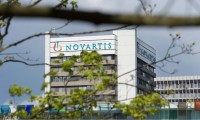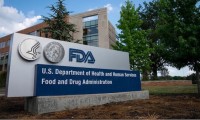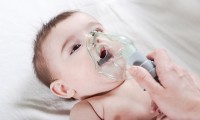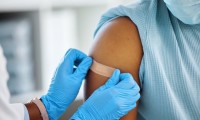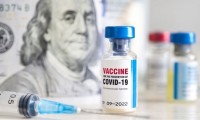-
Has COVID-19 changed the future of pharmaceutical regulation?
- Source: drugdu
- 147
- July 2, 2023
-
Generics to Novartis’ leukemia drug Tasigna to reach poor countries under 4 MPP licenses
- Source: drugdu
- 193
- June 28, 2023
-
Rubella elimination target extended to 2023 in Southeast Asia amid challenges
- Source: drugdu
- 111
- June 27, 2023
-
Blue Water Biotech shores up portfolio with purchase of six FDA-approved treatments
- Source: drugdu
- 106
- June 17, 2023
-
Sanofi, AstraZeneca’s RSV antibody for infants easily clears FDA adcomm, likely setting up approval
- Source: drugdu
- 166
- June 10, 2023
-
FDA advisers endorse antibody to protect against RSV in infants and some young toddlers
- Source: drugdu
- 120
- June 10, 2023
-
After nabbing historic RSV shot approval, GSK looks to boost US vaccination rates
- Source: drugdu
- 129
- June 6, 2023
-
Alnylam sticks with aggressive litigation strategy against Pfizer and Moderna, filing yet another patent lawsuit
- Source: drugdu
- 122
- June 1, 2023
-
Study maps immune responses produced by COVID-19 vaccination in First Nations population
- Source: drugdu
- 118
- May 31, 2023
-
The power of genetics — how research into gene sequencing could revolutionize biopharma
- Source: drugdu
- 117
- May 25, 2023
your submission has already been received.
OK
Subscribe
Please enter a valid Email address!
Submit
The most relevant industry news & insight will be sent to you every two weeks.


